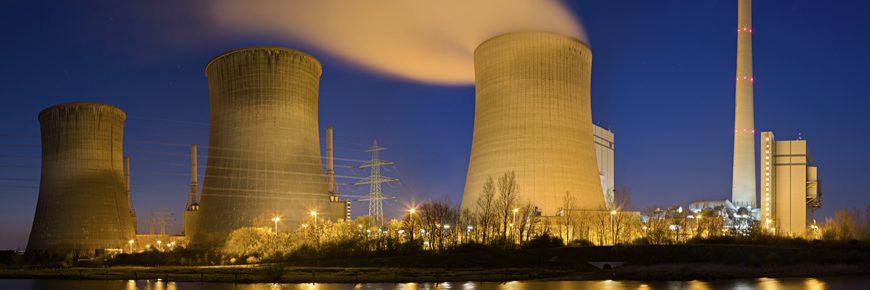
Business leaders are divided when assessing the impact of any rise in energy costs, with 45% saying they are concerned and 55% that are not.
The findings come from the October Close Brothers Business Barometer, a quarterly survey which gauges sentiment from CEOs, MDs and other management from around the UK and Ireland.
As we brace ourselves for each winter, it’s not uncommon to expect an increase in the cost of energy. However some reports have cited falling prices of late and according to latest Government figures (October 2015), average industrial electricity prices, including the Climate Change Levy (CCL), decreased by 1.5% between Q2 2014 and Q2 2015, whilst industrial gas prices decreased by 7.8%. Over the same period, average coal prices decreased by 19%.
Despite this, the results of the Business Barometer indicated that nearly half of firms are still anxious. When asked what higher costs would mean for their organisations, 32% stated they’d need to increase prices for customers and a further 24% believe it will directly impact on the bottom line of the business.
Transport, print/packaging and manufacturing organisations appear to be most concerned, whereas over a third of those in the construction, engineering and food and drink sectors appear to be less so.
In response to these insights, David Thomson, CEO of Close Brothers Invoice Finance said: “This time of year can be particularly stressful for company owners and is often fraught with a number of challenges, energy prices being just one of them.
“Over the past few weeks we’ve witnessed how severely the steel industry in particular has been impacted, with energy costs cited as playing a significant part in recent events. The reality is that executives are also nervous about the availability of energy to run their businesses – and remain apprehensive about where it will come from and how much it will cost.
Keith Anderson, Chief Corporate Officer of Scottish Power, has even warned of an impending energy crisis, saying that The National Grid may have to start limiting energy consumption by some industries or large users, which is worrying.”
There are a number of ways in which SMEs can cut their energy bills, freeing up resources that can be used for business growth strategies, and reducing the business’s carbon footprint. Here are six options to consider.




